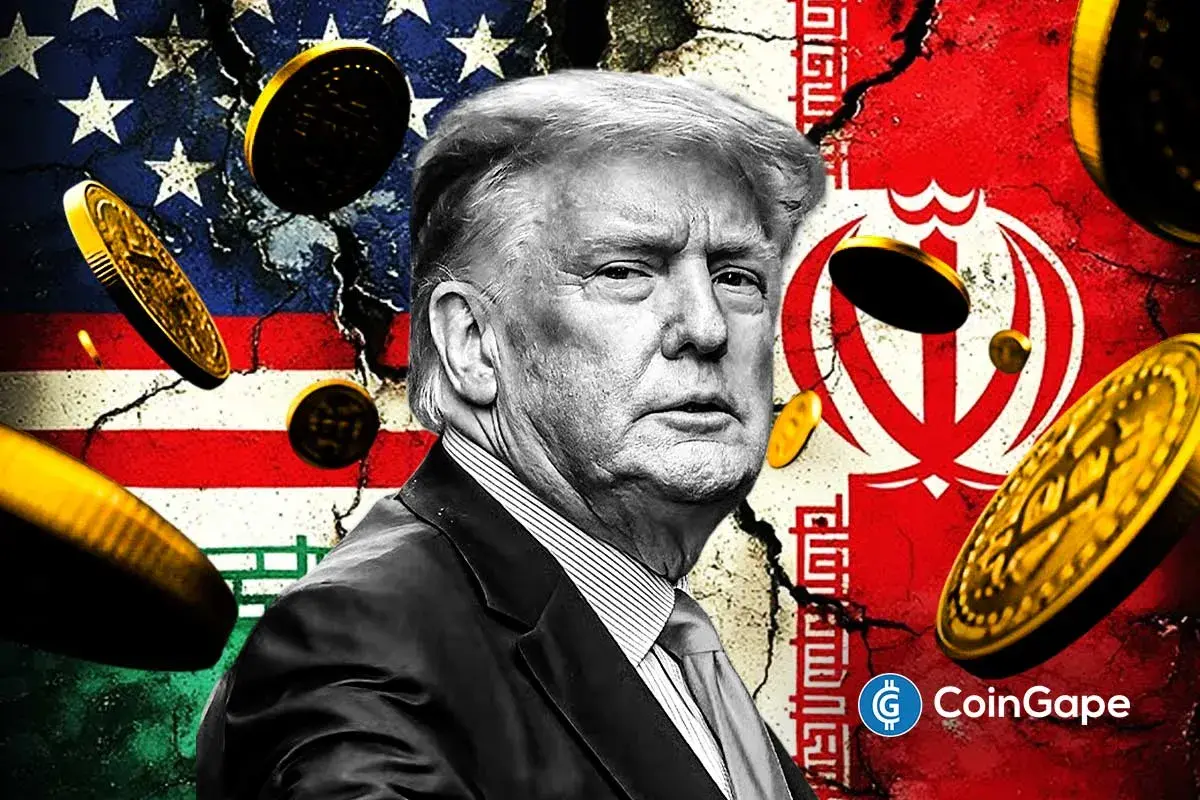Kenya Proposes to Blacklist Worldcoin IP Addresses

Kenya’s parliamentary committee has decisively recommended the immediate halting of the Worldcoin cryptocurrency initiative. This swift call to action comes after growing apprehensions over users’ privacy and a dire need for solid regulations.
The Worldcoin venture, pioneered globally by Tools for Humanity and co-founded by OpenAI’s CEO, Sam Altman, has been a focal point of debate in Kenya. Significantly, the Kenyan government took the assertive measure of pausing the Worldcoin initiative in August. This decision stemmed from a series of disputes surrounding its debatable method of scanning users’ irises to provide a digital ID. Their objective was to establish an “identity and financial network.” However, despite this suspension, the internet still hosts Worldcoin’s virtual footprints in Kenya.
Kenya Pushes to Blacklist Worldcoin IP Addresses
Worldcoin’s operations have also been meticulously examined in countries like Britain, Germany, and Argentina. Moreover, the recommendation by Kenya’s parliamentary group, a body of 18 lawmakers, was firm and clear since they sought the Communications Authority of Kenya’s intervention to cease virtual operations of Tools for Humanity Corp and its German counterpart, Tools for Humanity GmbH Germany. Additionally, they pressed for the blacklisting of related IP addresses, ensuring a complete internet blackout.
Furthermore, there’s a strong emphasis on discontinuing the companies’ on-ground activities in Kenya. This will remain until an unambiguous regulatory framework for virtual assets and providers emerges. This report, which carries significant weight, is scheduled for a discussion in the National Assembly.
Urgent Call for Cryptocurrency Regulation Intensifies
The Worldcoin project’s strategy to acquire user consent was intriguing since users were promised a monetary incentive of just over $50, which many critics felt was more of an enticement than a reward. Consequently, the parliamentary panel’s probe brought another concern to light. The iris scan process lacked an age-verification mechanism, which was alarming, especially involving minors.
Besides these concerns, the committee has also made a pressing call to various government sectors. They’ve emphasized the importance of expediting the formulation of laws made for crypto assets and cryptocurrency service providers.
Read Also: Worldcoin Claims 1% Chile Population Now Has World IDs
Play 10,000+ Casino Games at BC Game with Ease
- Instant Deposits And Withdrawals
- Crypto Casino And Sports Betting
- Exclusive Bonuses And Rewards

- How BTC, ETH and XRP Prices React as Crude Oil and Safe Havens Surge After Khamenei’s Death
- BREAKING: Iran Refutes WSJ’s Claims on Push to Resume Nuclear Talks with US, Bitcoin Slips
- Crypto Market Crash Deepens as Trump Confirms More Airstrikes to Hit Iran
- US CLARITY Act Likely to Pass by Mid-Year, JPMorgan Signals Major Crypto Shift
- Crypto Market Update: Top 3 Reasons Why BTC, ETH, XRP and ADA is Up
- Bitcoin And XRP Price As US Kills Iran Supreme Leader- Is A Crypto Crash Ahead?
- Gold Price Prediction 2026: Analysts Expect Gold to Reach $6,300 This Year
- Circle (CRCL) Stock Price Prediction as Today is the CLARITY Act Deadline
- Analysts Predict Where XRP Price Could Close This Week – March 2026
- Top Analyst Predicts Pi Network Price Bottom, Flags Key Catalysts
- Will Ethereum Price Hold $1,900 Level After Five Weeks of $563M ETF Selling?

 Buy $GGs
Buy $GGs

















